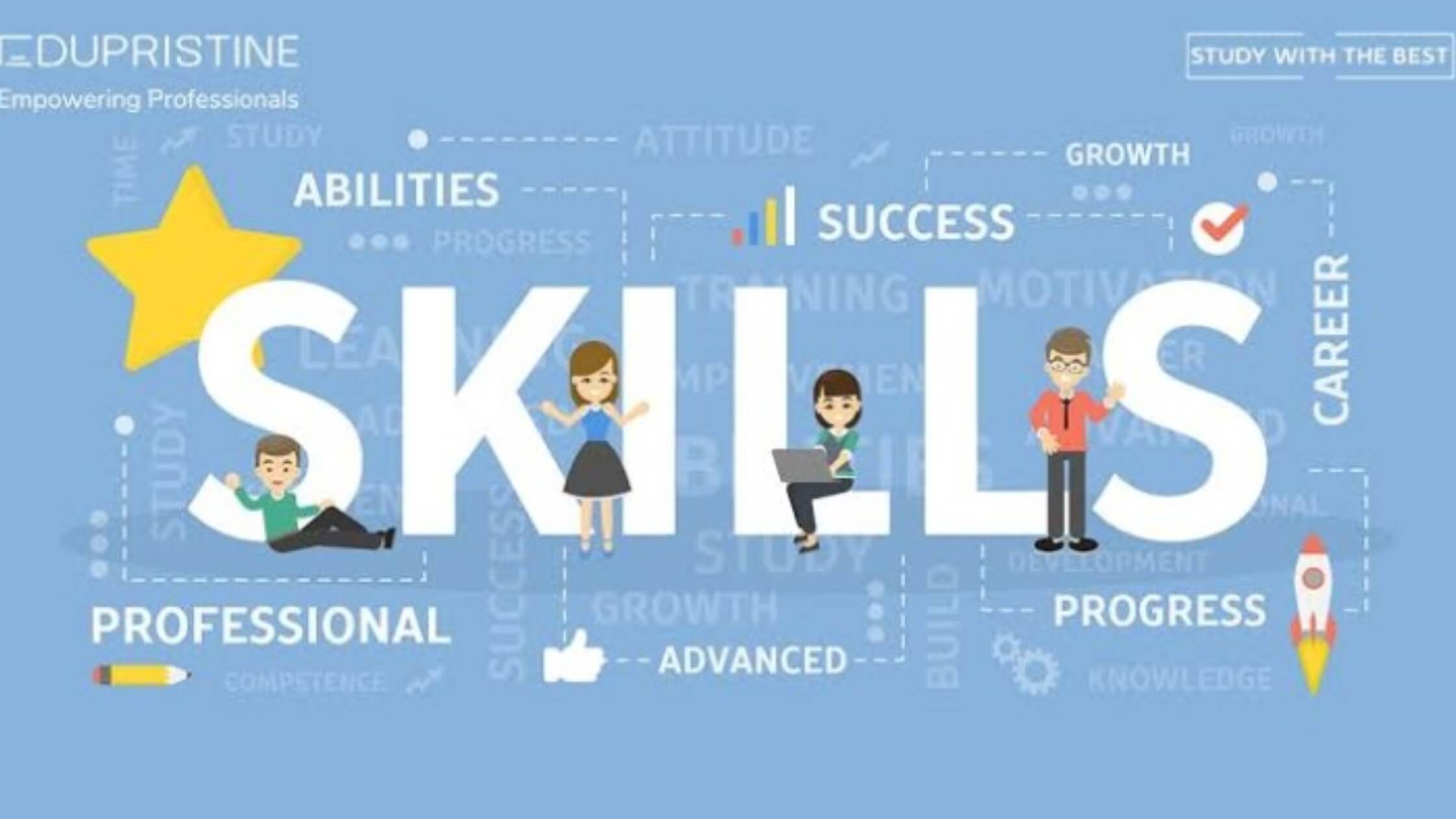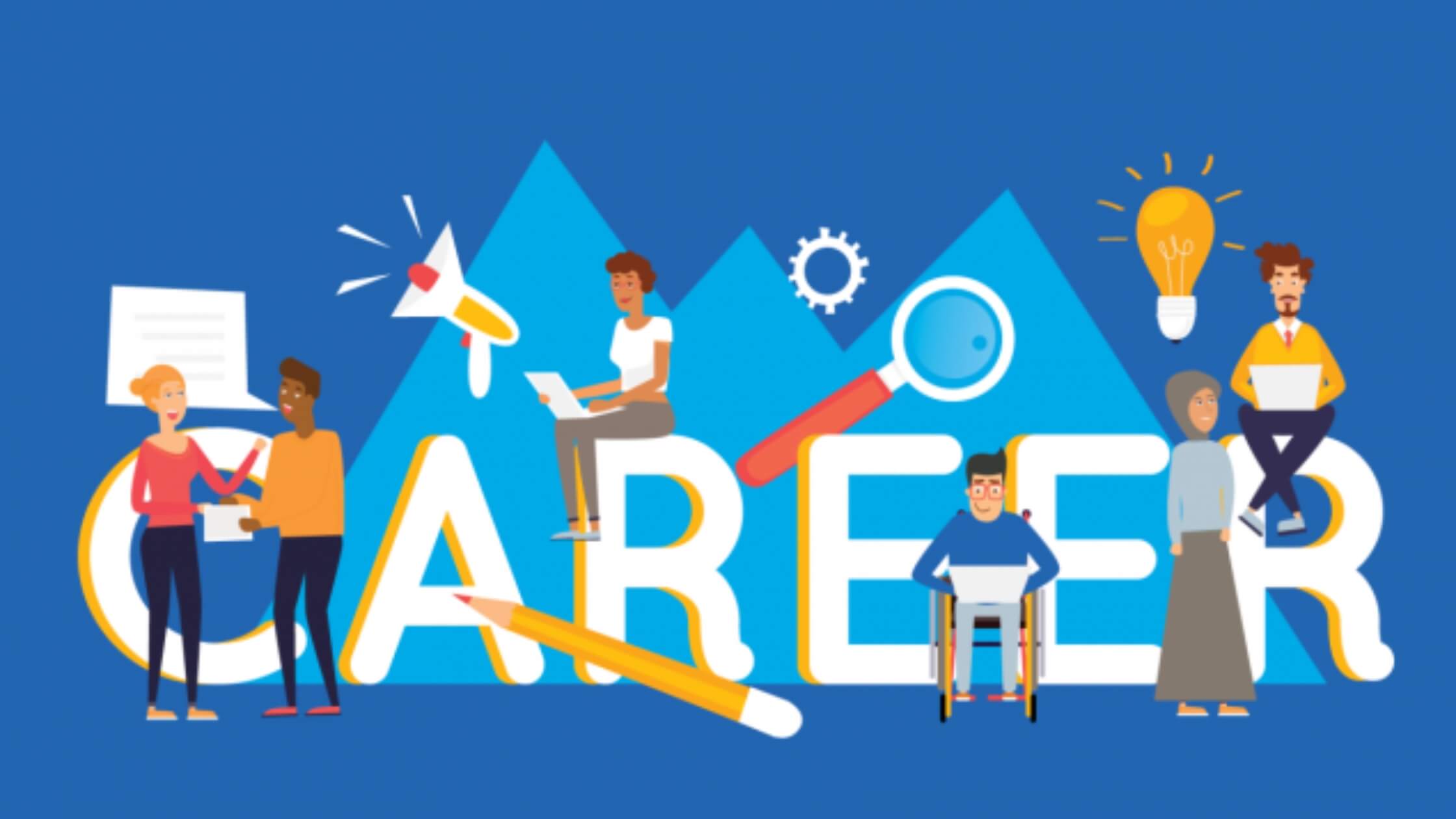At different pinnacles of your career, you would have explored or wanted to explore a professional accreditation. There is a prestige about it, not to mention the professional association, support, mentoring, and networking opportunities it provides. But while the positives are there and there are no obvious negatives to obtaining an accreditation, it doesn’t define you as a professional. An accreditation simply means you have furthered your theoretical knowledge to be defined as an expert in your field theoretically, it doesn’t define the level of your practical competency.
While it is imperative and essential to your personal and professional growth to develop your skill set. Don’t feel intimidated or feel pressure to have the accreditation titles after your name, Professional Development comes in all shapes and sizes.
With the advancement of technology and the increasing growth of e-learning sector, local and international learning resources are so accessible so develop your skillset according to your budget. Professional Accreditations are great to have. However, practical experience almost always outweighs theoretical knowledge in a practical workplace.
If you’re interviewing for a position, and you have a candidate with 10 years practical experience and no professional accreditations with up against a candidate with 4 years’ experience and sufficient accreditations to their name, an employer would look at the candidate who has had extensive experience working in diverse environments who can bring their expertise to influence change and contribute to the organisations’ objectives and productivity. It is not definitive that because you have the theoretical know-how means you have automatically developed the skills to implement what you have learned successfully.
The truth is in most cases organisations do not have the time to train someone on how to do a job (unless it’s a graduate scheme or an entry level position) because ideally, they want someone who can join the organisation, take minimal time to settle in to the culture/position and then start contributing to meet the company’s overall objectives.
What they would do is provide company orientation during onboarding or in-house training on new products/services but it’s more cost effective to hire an experienced professional and provide training on the company orientation than to hire a new employee on exactly how to do their job.
So, what I am saying in essence is if you find yourself at a crossroad where you cannot afford to financially cater to professional accreditations/ and concurrently gain experience in your field, channel your energy in gaining experience and develop yourself professionally at your own pace. The combination of theoretical and practical knowledge is a strength to any career profile. However, the practical know-how is key to securing a position.
But how can we gain experience if no one is willing to employ us? I hear you say.
Like you sow a seed in a relationship, you nurture it and watch it blossom. The seed you sow in your career should be nurtured. By expanding your knowledge using resources at your disposal, network by engaging with potential mentors who are skilled in the specific skill set you’re watering your seed for, you are providing sufficient sunlight for it to fully blossom into a true reflection of your passion which stems from your purpose.
Experience can be categorised into two segments: practical experience, and market experience.
Practical experience is usually obtained through paid, pro-bono or voluntary work. The constant application of practical experience can determine a professional an expert at what they do. However, there is also something called Market Experience.
Market Experience is knowing everything that is going on in the economy, or in a specific sector. This could be business trends, new products and services being launched, what competing businesses are doing, professionals who are experts in the market, the list is endless.
This type of experience costs absolutely nothing but is absolutely invaluable. Businesses pay millions for this information by engaging market research companies do provide this so they can leverage their business to be a market leader. Imagine if you were the go-to person for such information? You would be in the driving seat to leverage on any job opportunity. Why? Because you have first-hand information of what they need, and they have the job opportunity you want so it’s a technical win-win situation of supply and demand.
The world wide web is your oyster, and networking events are your playground. The combination of the two allows you to have access to global information to leverage on employment- seeking activities.
Imagine going to a network event where you are engaging business leaders, or senior managers in conversation and your expressing your knowledge in their sector or giving valuable analysis and contributions to an ongoing discussion especially those where there are panellists. Someone in that room will acknowledge your input by either making your acquaintance which can lead on to more fruitful and beneficial interactions. This in itself a marketing tool, and a unconventional way of subliminal interviewing for a position that may or may not exist now but has the potential to be created for you in future.
So while you are trying to explore opportunities that provide practical experience, ensure that you are developing the art of obtaining market experience because this is something you will need for the entire duration of your professional career. As the economy changes and sectors diversify so does the market intelligence, which means you also have to be constant in your research and exposure to remain relevant.
Market experience is the tool that will always differentiate yourself from a talent pool where the competent professionals are many, but the opportunities are few. In a room where educational backgrounds, professional accreditations, work experience and soft skills are the same, core knowledge of your market intelligence and your ability to utilise it the information to your advantage is an invaluable asset.
an excerpt from an upcoming project



